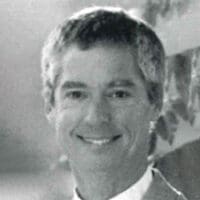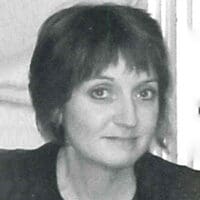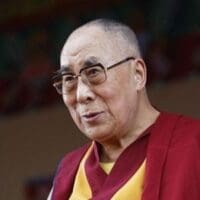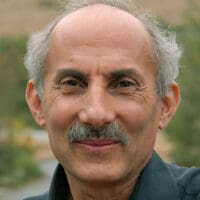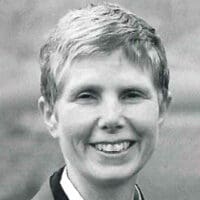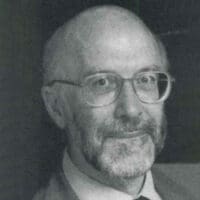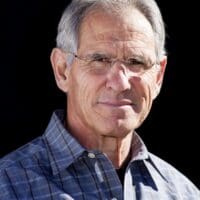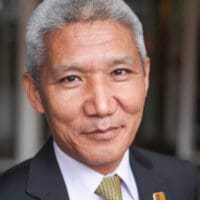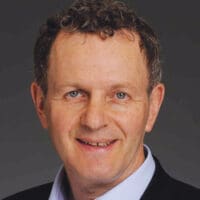Overview
With the advent of MBSR and more recently, MBCT (mindfulness-based cognitive therapy), meditative practices have shown promise in the treatment of anxiety and depression.
This session will review the experimental evidence for the effectiveness of MBCT in reducing relapse rates for chronic depression, and how mindfulness might be functioning in the brain to regulate depressive cognitions, affect, and behaviors. The different elements comprising the meditation practices and approaches will be examined from the contemplative perspective, and cross-cultural issues discussed regarding content and context and how they may serve to synergistically optimize meditation-based interventions in Western and Asian settings.
- Dialogue 1316 sessions
- November 9, 2005Dar Constitution Hall, Washington, DC

